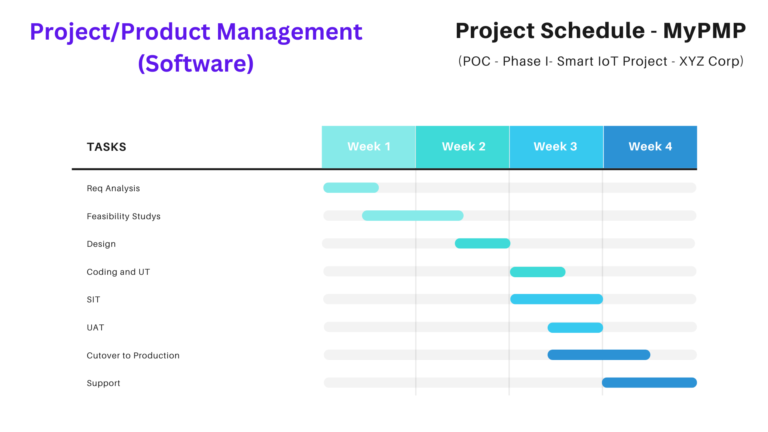Lesson Learned Register
A lessons learned register is a document that keeps track of what a project, programme, or group of projects taught the team. It keeps track of a project’s successes, failures, and best practises. It also keeps track of any issues or problems that came up and what was done to fix them. The lessons learned register will be used as a guide for future projects, which will help them run better and avoid mistakes.
Usually, the following is written in the lessons learned register:
Information about the project: a brief summary of the project, including its goals, scope, and length.
Lessons learned: A description of the project’s successes, failures, and best practises that were learned from it.
Recommendations: A list of suggestions for future projects based on what was learned, including any changes or improvements to project processes, procedures, or practises.
Action plans: A description of the plans that were made to deal with any problems or issues that came up during the project, as well as the steps that were taken to reduce risks or solve problems.
The names of the people or groups who are in charge of putting the action plans into place and making sure the recommendations are followed.
Results: A summary of the project’s results, including any numerical or qualitative measurements of success.
Usually, the lessons learned register is made at the end of the project, but it can be changed as new lessons are learned during the project’s lifecycle. It is a useful tool for managing knowledge because it lets organisations record and share their collective knowledge and expertise and keep getting better at project management.
Usage
It is used in project closure







